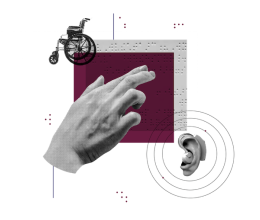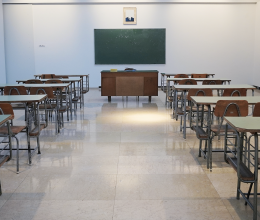Last week I was fortunate enough to attend part of a week-long symposium organized by Maine Inside Out – a non-profit organization that collaborates with incarcerated and formerly incarcerated people to create and share original theater. The symposium was titled Culture of Punishment – From Parenting to Prisons and culminated with keynote address by prominent anti-death penalty activist and author of Dead Man Walking, Sister Helen Prejean.
All events began with an original theater piece, performed by a group of youth currently incarcerated at Long Creek Youth Development Center. Both the performances and the lectures raised really important questions about our culture of punishment, its consequences for individuals and communities as well as possible alternatives. I attended one lecture that focused on implementing alternatives to traditional punishment in schools that emphasized best practices for youth with emotional and behavioral needs. I was surprised to learn that corporal punishment is still legal in 19 states in the U.S and while it is illegal in Maine, last year Maine schools reported that more than 850 students were physically restrained and hundreds more put into seclusion. To read about the ACLU of Maine’s work on use of student restraints click here. Punishment takes many different forms and affects individuals and communities in many different ways. This symposium was a great opportunity to gain insight into its broader consequences for our society - from punishment in schools to death row.







